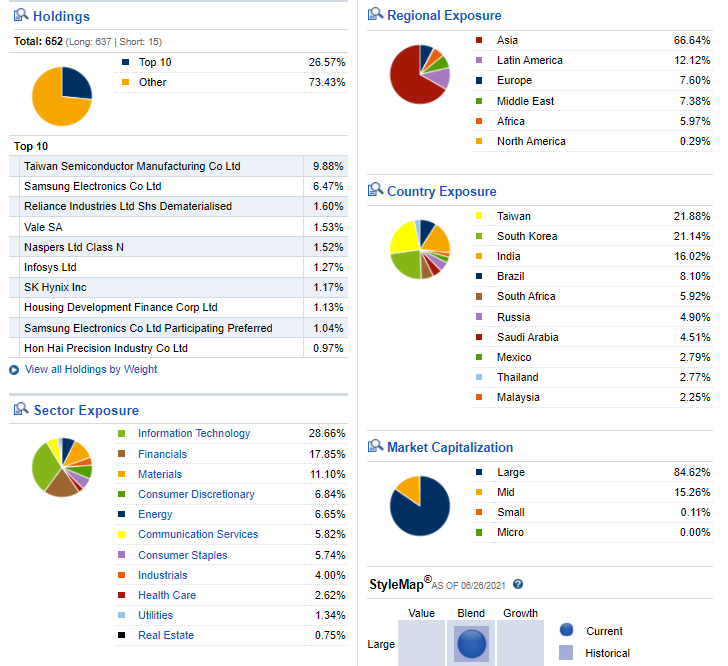We now have ample evidence that our original analysis was correct about the changes that would likely take place under this new administration.
To begin with, re-regulation, in many sectors and industries, has occurred with the speed of summer lightning. More centralized direction from the politicians in Washington D.C. has already occurred. The EPA, the Forest Service (a sub-department of the Dept. of Agriculture,) Energy, and most other cabinet-level departments have rushed to roll back changes from the previous administration.
Those of us with a more sanguine outlook had hoped that a drift to the center, from both Democrat and Republican legislators and voters, would be an equally likely and compelling narrative. But, at least initially, those furthest left of center have done their best to regain control via regulation.
We must remember that decisions made solely by Executive Order are subject to be changed immediately upon the arrival of a new president. Those laws thrashed out in the chambers of Congress, however, can only be undone by a new decision by that body or by an interpretation by the Supreme Court that said laws violate the supreme law of the land, the US Constitution.
While higher oil prices have boosted US and global oil and gas producers, I remain skeptical that the administration can refrain from harming the traditional energy sector in the name of global warming. On the other hand, those energy sources seen as “clean” are doing well.
It is interesting that “optics” count for so much, isn’t it? An internal combustion engine vehicle is seen as dirty because it burns those awful fossil fuel residues. But an electric vehicle, which requires serious mining with all the attendant environmental problems to get the lithium, copper, nickel and more required is considered clean—even if the electricity needed is still being produced by natural gas and, in many cases, especially in China, by coal.
Second, inflation is steadily re-appearing as an ongoing force. The fiscally irresponsible factions in the House and Senate will indebt, indebt, and indebt future generations to buy, buy, buy more votes today.
We are at least beyond the indiscriminate giving of $2000 to every American, regardless of need or request. For those suffering from lockdowns and other restrictions, unemployed who are desperately seeking work, etc., this was a kind thing to do. But does Jamie Dimon who, as CEO of JP Morgan, makes that much every minute or two, need $2000? Does Elon Musk or Warren Buffett or those who still have jobs or businesses?
Fiscal irresponsibility always creates inflation. We must be prepared for a looming reduction of value in the US dollar. This makes other nations, with sounder currencies, more attractive for 2021 and beyond than they have been. It also makes it easier for emerging markets, with much of their debt in dollar-denominated bonds, to repay their debt and use the freed-up capital for infrastructure and innovation. I will be adding mutual funds and ETFs for both these broad sector plays.
I will also, as a result of this reinflation likelihood, be adding to my short-Treasuries positions like the ProShares UltraShort 20+ Year Treasury ETF (NYSE:TBT).
Third, taxpayer-funded subsidies for the pet projects of the new players in DC are a certainty. We will be told to forget Solyndra and Tonopah Solar (the most recent bankruptcy, this one after receiving a $737 million government loan guarantee, both from an Obama administration cookie jar for gifts to campaign contributors under the aegis of climate change). There will be a full-court press for any firm involved, no matter how obliquely, in anything they can be painted as "climate change" involvement.
No sense fighting it. After all, remember: the federal government has no money other than that which they collect from taxpayers and companies doing business in the US. Since you and I are going to pay for a lot of projects that a normal businessperson or responsible company would reject as a money pit, we might as well benefit as investors.
Lose it in taxes, get it back in the market. Right now, I cannot in good conscience buy just any old company with "solar" or "wind" in its name—but I know there are responsible companies in this business and I will be researching, then analyzing, then investing in these. Money will be thrown at all companies, good and bad. Still, I have this thing about sticking with the good ones.
I retain an open mind beyond these three big changes. For all those fearing creeping socialism or rampant intrusion, I think we should wait and see. If President Joseph Biden is true to his history of the past 40+ years, he is not one to move with alacrity or prejudice. He is a centrist. He has worked well as a legislator, a business where compromise is not a dirty word. (Well, not until recently, anyway.)
While I may privately disparage many of his cabinet choices, they are more tiresome than firebrand. Most are Obama-presidency retreads. I also imagine the very left of center legislators will be increasingly marginalized. I even see a period where Democrats and Republicans vote the voters of their states' wishes, regardless of party affiliation.
There will be downdrafts, of course, but I see the rest of 2021 shaping up quite nicely if we are willing to make some key changes. Not a bad time to be close to fully invested.
I noted above my old favorite ProShares UltraShort 20+ Year Treasury ETF, about which I have written previously. I am also seriously looking at a possible emerging market ETF to take advantage of the declining value of the dollar, in which much EM debt is denominated.
I want to buy real EMs. That is why I am looking at the iShares MSCI Emerging Markets ex China ETF (NASDAQ:EMXC). Yes, I realize every other analyst is lauding China for crushing it and are now expecting as much as 8% growth in China this year, the best of any nation. As a long-time analyst on China, I don't trust their statistics or their pronouncements.
I also find it ludicrous to call the world's 2nd largest economy (1st as measured by Purchasing Power Parity!) a "developing nation." If you want a good international fund with some developing nations thrown in (sometimes worthwhile) then check the top countries in the fund's holdings. I will wager China is anywhere between 25% and 45% of 99% of all “Emerging Market” ETFs and traditional funds.
They are skewing the actual rate of change for all emerging markets. Claiming large increases in share prices—yet a third to a half of all their holdings are in China! Hardly an emerging nation. (It can be so designated this way because the IMF and others use “per capita income” as their measurement for which nation is emerging and which is developed. Using that criterion, any banana republic with 1,000 billionaires and 10 million serfs qualifies as emerging).
I would buy EMXC because I already have plenty of developed world exposure. With EMXC, I get the two biggest Asia Tigers + India as the largest three holdings. That fits better with what I see as innovation without confiscation, good demographics, and honest governance.
Here are the largest holdings by region:

Source: Fidelity.com
Caveat: Unless you are a client of my firm, Stanford Wealth Management, I do not know your personal financial situation. Therefore, I offer my opinions above for your due diligence and not as advice to buy or sell specific securities.
